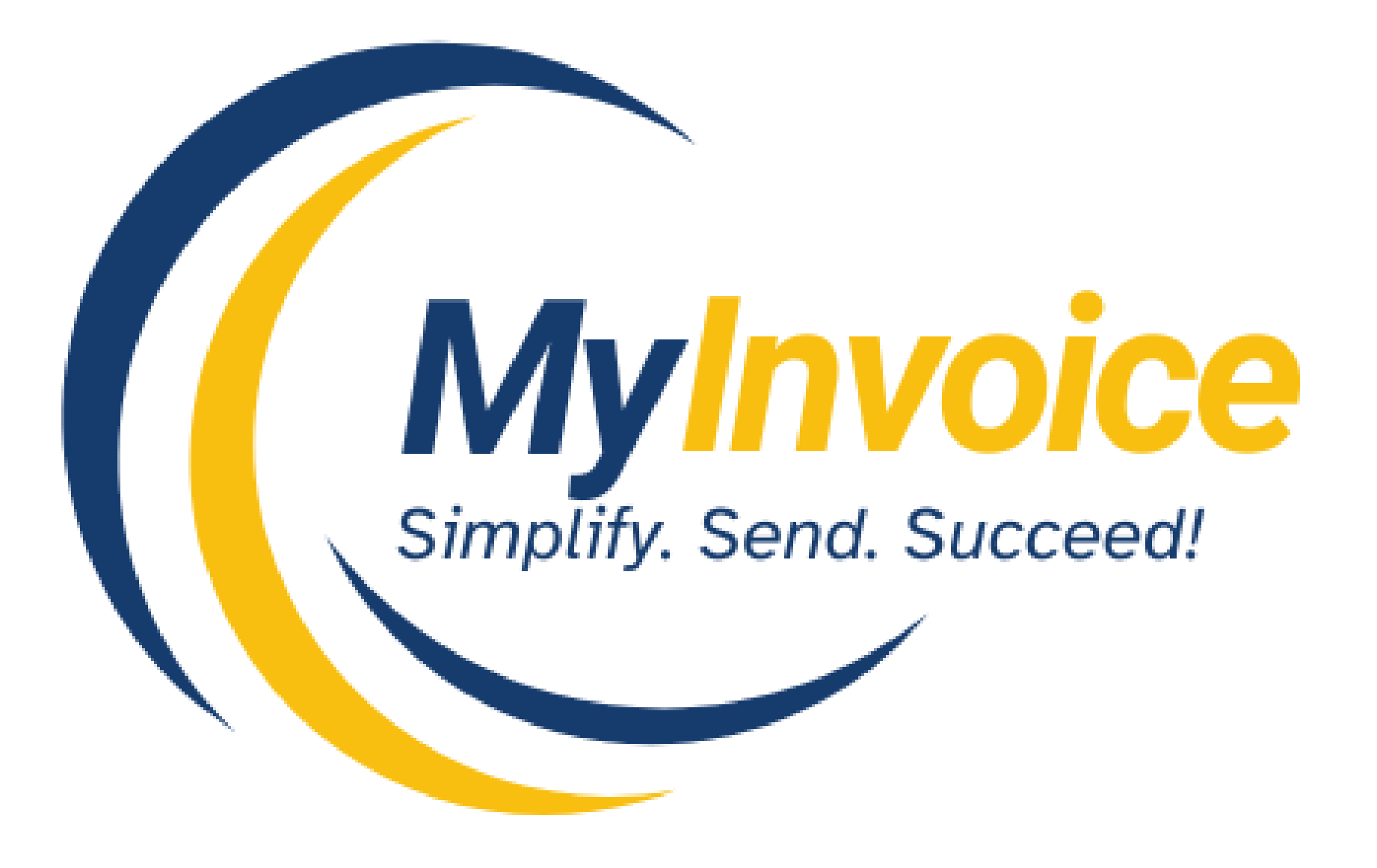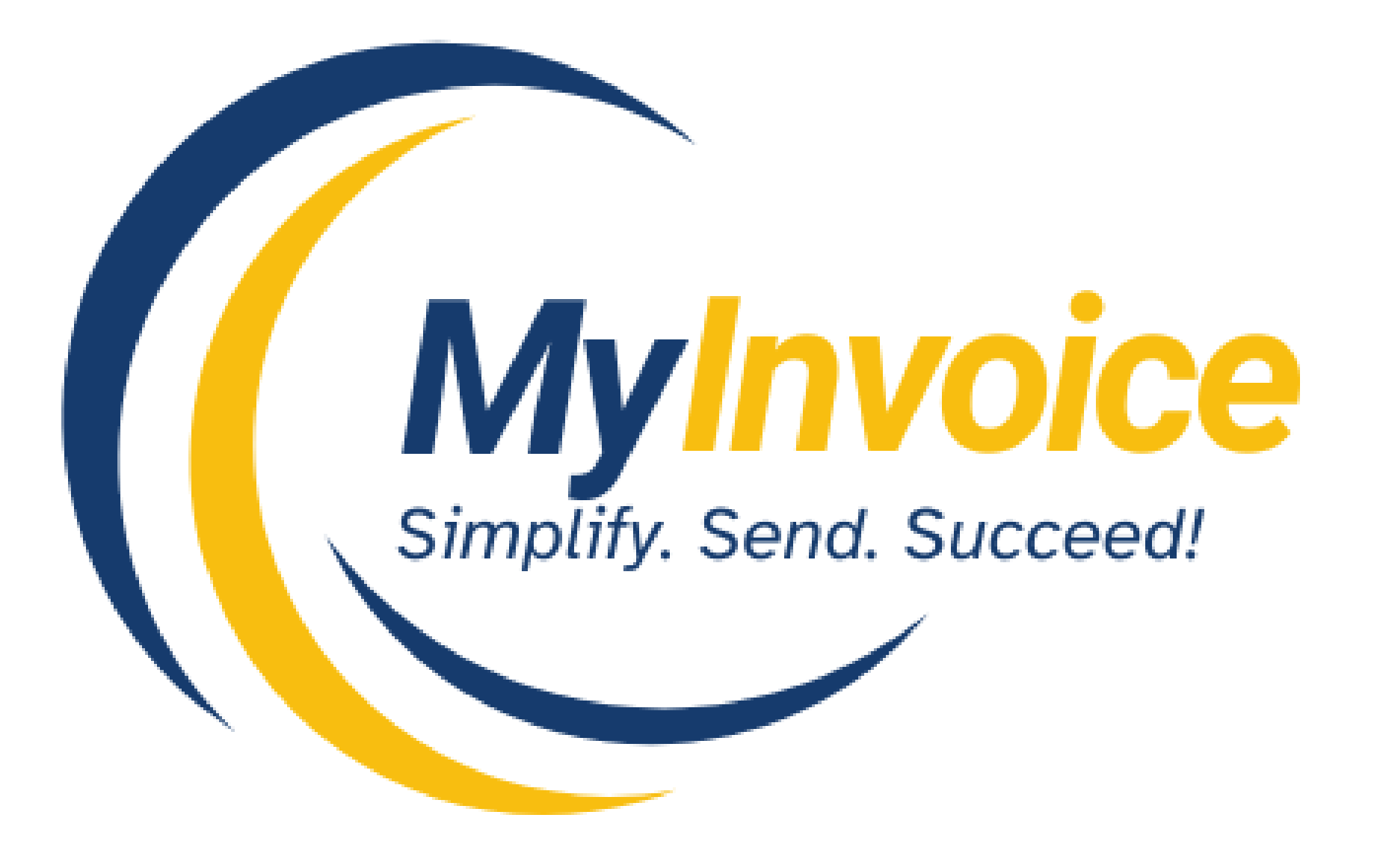The adoption and implementation of e-invoicing can have both short-term challenges and long-term benefits for businesses.
Short-Term Impacts
In the initial stages, businesses may face:
-
Increased labor requirements
-
Operational disruptions or delays
-
Potential penalties due to non-compliance stemming from unfamiliarity with e-invoicing rules
-
Additional IT infrastructure costs
-
Technical glitches and system errors
Long-Term Benefits
Over time, e-invoicing leads to positive outcomes, including:
-
Greater operational efficiency
-
Streamlined bookkeeping and tax filing processes
-
Fewer tax audits
-
Enhanced accuracy and authenticity of financial records
-
Cost savings from improved cash flow and faster debt collection
-
Reduced printing expenses
-
Higher compliance rates
-
Improved transparency, supporting better ESG (Environmental, Social, and Governance) ratings
-
Stronger market competitiveness
-
Better supplier and buyer relationships
Next steps
Businesses will need to prepare for the adoption and implementation of e-invoicing by:
- ensuring their people, processes and technology are to the required standard
- providing adequate training and tools essential for personnel overseeing the adoption and implementation of e-invoicing
- scrutinising existing processes for issuing invoices, credit notes and other transaction documents
- reviewing existing information technology capabilities, and
- determining the availability of data sources to comply with e-invoicing requirements and obligations.
Source Credited: https://www.wolterskluwer.com/en-sg/expert-insights/e-invoicing-in-malaysia




